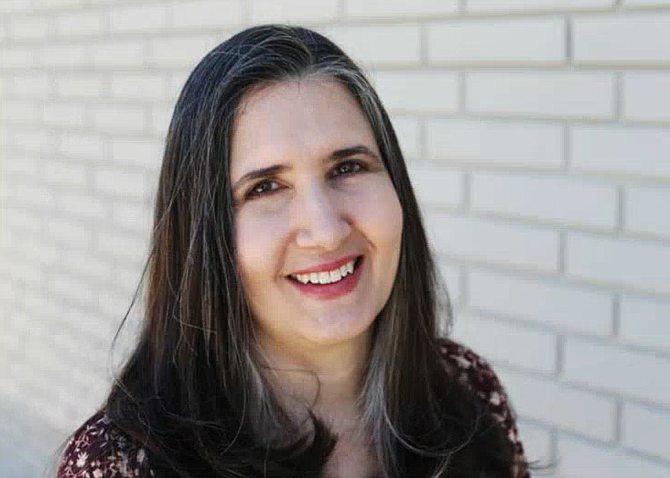Recession: Is next one looming?

Sholeh Patrick
Will there be a recession in 2022? At first the consensus was that it’s unlikely. Now more are predicting its inevitability.
Yes, unemployment is still low. But prices are also getting out of control in enough ways and affecting enough people that experts say it can’t be sustained. The market must correct.
Simply defined, a recession is when the economy shrinks instead of grows.
The good news is that recessions come and go, and we’re not talking about a depression. Both involve similar indicators, so how would we know?
There's an old joke: "A recession is when your neighbor loses his job. A depression is when you lose yours."
Things obviously aren't that bad, but jokes aside, the fine line between the two is something even financial experts can't fully agree on.
Business media point to a decline in the gross domestic product for two consecutive quarters as primary evidence of a recession. Economists would say that doesn't take into account changes in the unemployment rate or consumer confidence — both big factors. Moreover, quarterly data isn't enough and makes it too difficult to pinpoint a beginning and end.
The Business Cycle Dating Committee at the National Bureau of Economic Research has a better approach. The BCDC measures business activity in the economy by looking at employment, industrial production, incomes and wholesale/retail sales. They define a recession as beginning when business activity has reached its peak and starts to fall, lasting until business activity bottoms out. When it starts to rise again it’s called an expansionary period. By this definition, the average recession lasts about a year.
Before the 43-month Great Depression in the 1930s, any economic downturn was called a depression. After that, "recession" differentiated periods of smaller economic declines. So a “depression” would be a recession that lasts longer and has a larger decline in business activity, such as 10 percent or more. Then again, the 16-month "recession" of the 1980s hit a 10.8 percent unemployment rate, worse than the milder recessions in 1990 and 2001.
If recession hits again will we pull out? We always do, in time. How long it will last is a lot less predictable, especially given the odd political climates and consumer behaviors of the last couple of years.
With patience and thrift, we'll be fine.
• • •
Sholeh Patrick is a columnist for the Hagadone News Network. Email sholeh@cdapress.com.










